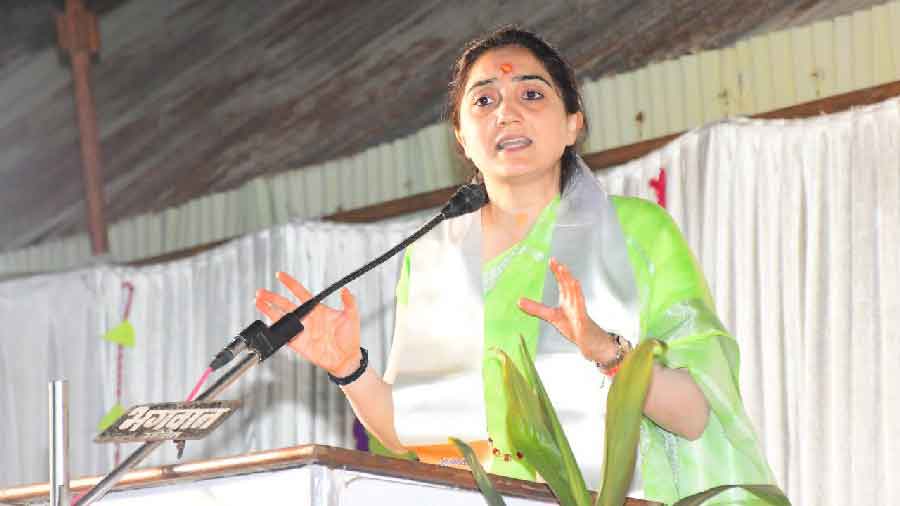In India when we say “fringe”, we think of the 1960s movie star Sadhana before anything else. Yes, there have also been Neelam and Alisha (Chinai) who famously “fringed”, but only Sadhana attained synonymity. Film history has it that it was her fringe in Love in Simla that pushed the chorus girl from Raj Kapoor’s Shree 420 into playing the lead in mainstream Hindi cinema. And thereafter, the fringe too became part of mainstream Indian hairstyle grammar. But the fringe is a Victorian concept and, to begin with, had nothing to do with hair styles. It was used for drapery, upholstery and, eventually, clothes. One theory is that to begin with, the fringe was “to prevent the edge of fabric from unravelling”. No ideological resemblance with the vociferous Ms Sharma there.
Edged out
Thereafter, the fringe came to be practised and celebrated for its decorative worth. Lampshades had fringes, as did cigar boxes. Women’s dresses had many flounces and as many fringes. In an academic paper titled "Fringe", Elaine Freedgood writes that the sewing machine in its early years was only able to do flat seams and attach trimmings — literally a fringe element. And with the advent of machines and mass-produced goods, the fringe flourished.
Hide and seek
Freedgood wonders if the love for the fringe had something to do with the Victorian discomfort with clear outlines and edges. And yet, come to think of it, in reality and on the ground, England under Queen Victoria was extending its limits. Aden, Hong Kong, Labuan, Perim, India, Burma, South Africa, New Zealand, Australia, Fiji… It begs the question if the fringe was really about hiding the border or was it about extending them and keeping them blurred. When Qatar questioned India about BJP spokespersons Nupur Sharma and Naveen Jindal’s comments about Prophet Mohammed, the Indian embassy put out a statement that said: “… the tweets do not, in any manner, reflect the views of the Government of India. These are the views of fringe elements.” But when it comes to matters of the fabric, the fringe is not even the fringe without the actual item it comes to sit on — just loose threads, tassels, ragtag things.










